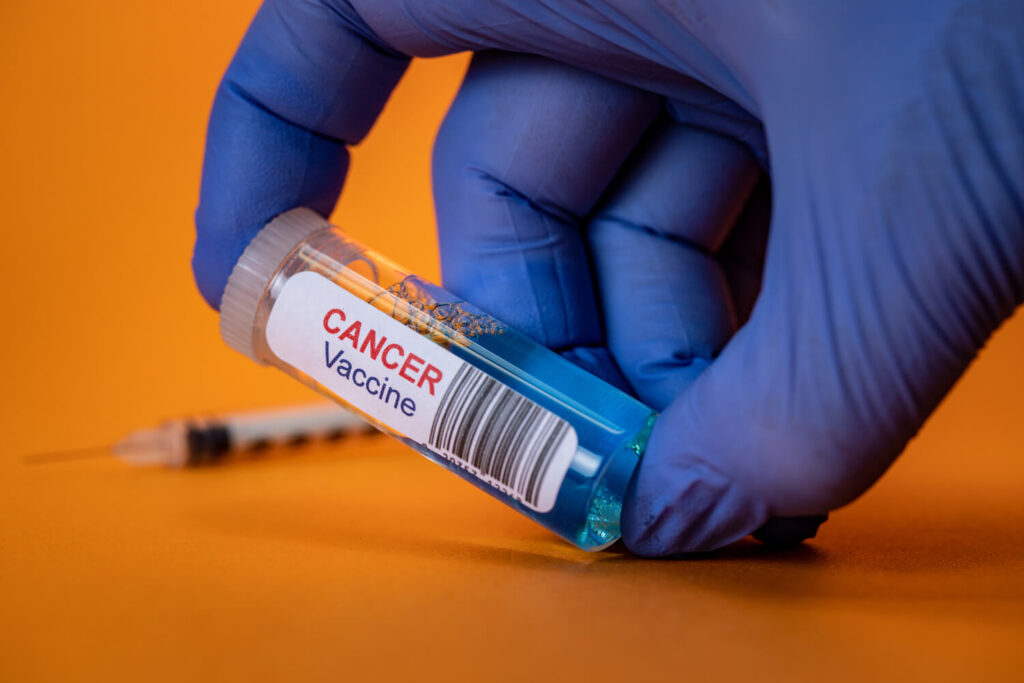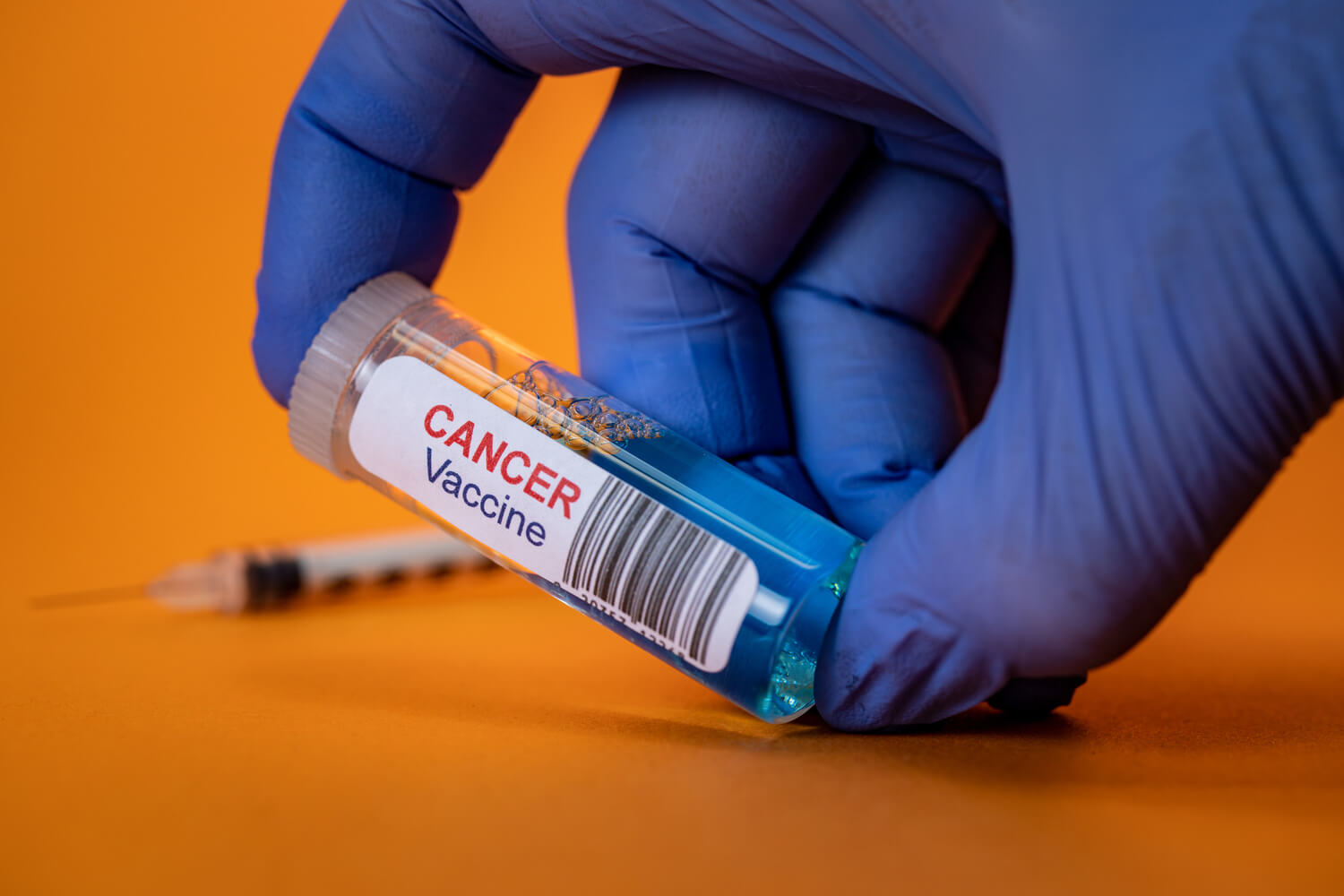Russia has announced a groundbreaking healthcare initiative that could change the lives of thousands of terminally ill cancer patients. In a move aimed at providing equitable healthcare access, the Russian government has promised free cancer vaccines for patients with terminal illnesses. This decision is seen as a bold step toward healthcare reform, bringing hope to countless families grappling with the financial burden of cancer treatment.

Table of Contents
What is the New Initiative?
Russia’s Healthcare Commitment
The Russian government has pledged to offer free cancer vaccines to terminally ill patients, marking a significant shift in the country’s approach to healthcare. This initiative aims to provide cutting-edge cancer treatments to those most in need.
Scope of the Initiative
The program will be available nationwide, covering patients from various demographics. Patients diagnosed with terminal cancer will be eligible to receive the vaccines at no cost, ensuring equal access to life-saving treatments.
Why Is This Move Significant?
Impact on Cancer Treatment Accessibility
Access to cancer treatment has often been limited by high costs, especially for patients with terminal diagnoses. Russia’s move to provide free vaccines aims to eliminate these barriers and offer a ray of hope to vulnerable communities.
Global Context: How Does It Compare to Other Countries?
Unlike many countries where advanced cancer treatments are exorbitantly priced, Russia’s initiative sets a global precedent. It could push other nations to re-evaluate their healthcare policies concerning terminally ill patients.
What Are Cancer Vaccines?
Definition of Cancer Vaccines
Cancer vaccines are a type of immunotherapy designed to boost the body’s immune response against cancer cells. Unlike traditional vaccines that prevent diseases, cancer vaccines aim to treat existing cancer by stimulating the immune system.
How They Work
Cancer vaccines introduce specific antigens into the body, encouraging the immune system to recognize and attack cancer cells. This treatment approach has been heralded as a revolutionary method to combat cancer, especially for patients with limited treatment options.
Who Qualifies for the Free Treatment?
Eligibility Criteria
Patients diagnosed with terminal cancer are the primary beneficiaries of this initiative. Eligibility will be determined through medical assessments and cancer staging conducted by healthcare providers.
Process for Enrollment
Patients must undergo an application process through designated medical institutions. Once eligibility is confirmed, they will be registered for the free vaccine program.
Which Types of Cancer Will Be Covered?
List of Cancers That May Be Eligible
While details on the specific types of cancer covered are yet to be confirmed, it is expected that cancers with high mortality rates like lung, pancreatic, liver, and breast cancer will be prioritized.
Focus on Terminally Ill Patients
The initiative is aimed at patients with terminal-stage cancer who have exhausted other treatment options. This focus highlights the program’s intent to provide hope and relief to those most in need.
How Will This Program Be Funded?
Government Funding Sources
The Russian government will allocate a portion of its national healthcare budget to fund the free cancer vaccine initiative. This financial commitment underscores the government’s dedication to healthcare equity.
Partnerships with Private Institutions
Private healthcare providers and pharmaceutical companies may also play a role in funding and implementing the initiative, ensuring smooth distribution and availability.
Key Medical Institutions Involved
Leading Hospitals and Research Centers
Renowned Russian medical centers, such as the Blokhin Cancer Research Center, are likely to spearhead the program. Their expertise in oncology will be critical to the program’s success.
Role of the Russian Ministry of Health
The Ministry of Health will oversee the initiative, ensuring proper funding, administration, and adherence to medical protocols.
Public and Medical Community Reactions
Reactions from Russian Citizens
The announcement has sparked optimism and gratitude among Russian citizens, especially those battling terminal cancer. Social media platforms are flooded with messages of support for the government’s efforts.
Global Medical Community’s Take
Healthcare professionals and oncologists worldwide are watching the initiative closely, as it could inspire similar healthcare reforms in other nations.
Conclusion
Russia’s decision to provide free cancer vaccines to terminally ill patients marks a monumental step in healthcare reform. By offering hope to the most vulnerable, Russia has set an example for the rest of the world. While challenges in implementation may arise, the impact on public health could be profound, especially for families burdened by the high cost of cancer treatment.
FAQs
Q1. Who is eligible for the free cancer vaccine program?
A: Terminally ill cancer patients who meet specific eligibility criteria as determined by medical assessments.
Q2. How do cancer vaccines work?
A: Cancer vaccines stimulate the immune system to recognize and attack cancer cells, unlike traditional vaccines that prevent diseases.
Q3. Which types of cancer are covered?
A: Specifics are yet to be confirmed, but lung, liver, and pancreatic cancers may be prioritized.
Q4. How will the program be funded?
A: The initiative will be funded through Russia’s national healthcare budget and possible partnerships with private healthcare providers.
Q5. When will the program begin?
A: Official launch dates are yet to be announced, but enrollment details will be shared by the Ministry of Health.




